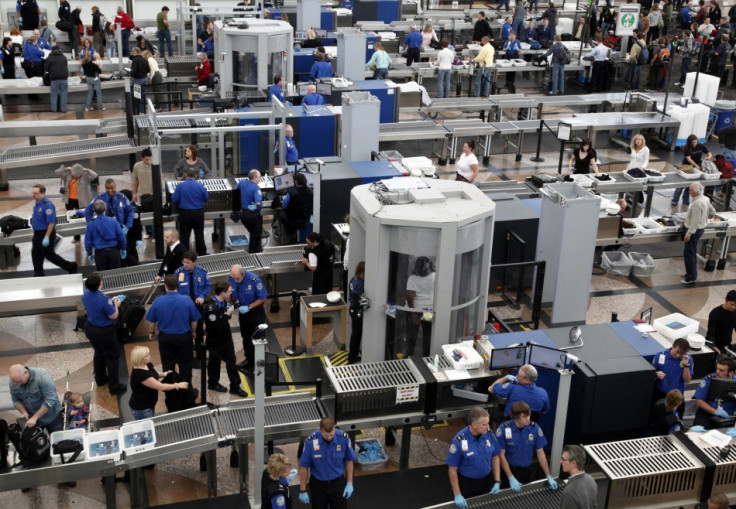Al-Qaida Underwear Bomber a ‘Double Agent’

The would-be suicide attacker in the foiled underwear bomb plot was a double agent, according to US officials.
The attacker, a double agent for the CIA and the Saudi intelligence agency infiltrated the Yemeni-based group of al-Qaida and handed over the device to Saudi officials.
According to the US officials, they received intelligence about the plot in April by the Yemen-based group al-Qaida in the Arabian Peninsula (AQAP) which plotted to attack a US-bound plane with a sophisticated version of the underwear bomb.
An attempt to blow up a Detroit-bound plane in 2009 failed since the plastic device hidden in the underwear of Umar Farouk Abdulmutallab, failed to detonate.
The double agent was recruited and sent to Yemen by Saudi Arabia's intelligence agency.
He had been given the task of infiltrating the AQAP cell and convince them to become a volunteer for a suicide mission to blow up a US-bound plane.
The agent was convincing enough to get the device from the group which he handed over to the CIA and Saudi intelligence officials.
According to a New York Times report, the double agent is now safe in Saudi Arabia.
The upgraded bomb is a "custom-fit" device that has two forms of detonators unlike the previous one that failed to detonate in 2009. The main charge was a high-grade military explosive that undoubtedly would have brought down an aircraft, the New York Times reported, quoting an official.
The FBI is examining the device in its bomb laboratory and according to the officials, it would have been difficult to detect the device with careful security checks.
Experts believe that both bombs are made by AQAP master bomb-maker Ibrahim Hassan Tali al-Asiri. He is adept in making bombs with the hard-to-detect powdery substance called pentaerythritol tetranitrate, or PETN, according to reports.
"We're trying to make sure that we take the measures that we need to prevent any other type of IED, similarly constructed, from getting through security procedures," said John Brennan, the chief White House counterterrorism adviser, during a television interview.
© Copyright IBTimes 2024. All rights reserved.





